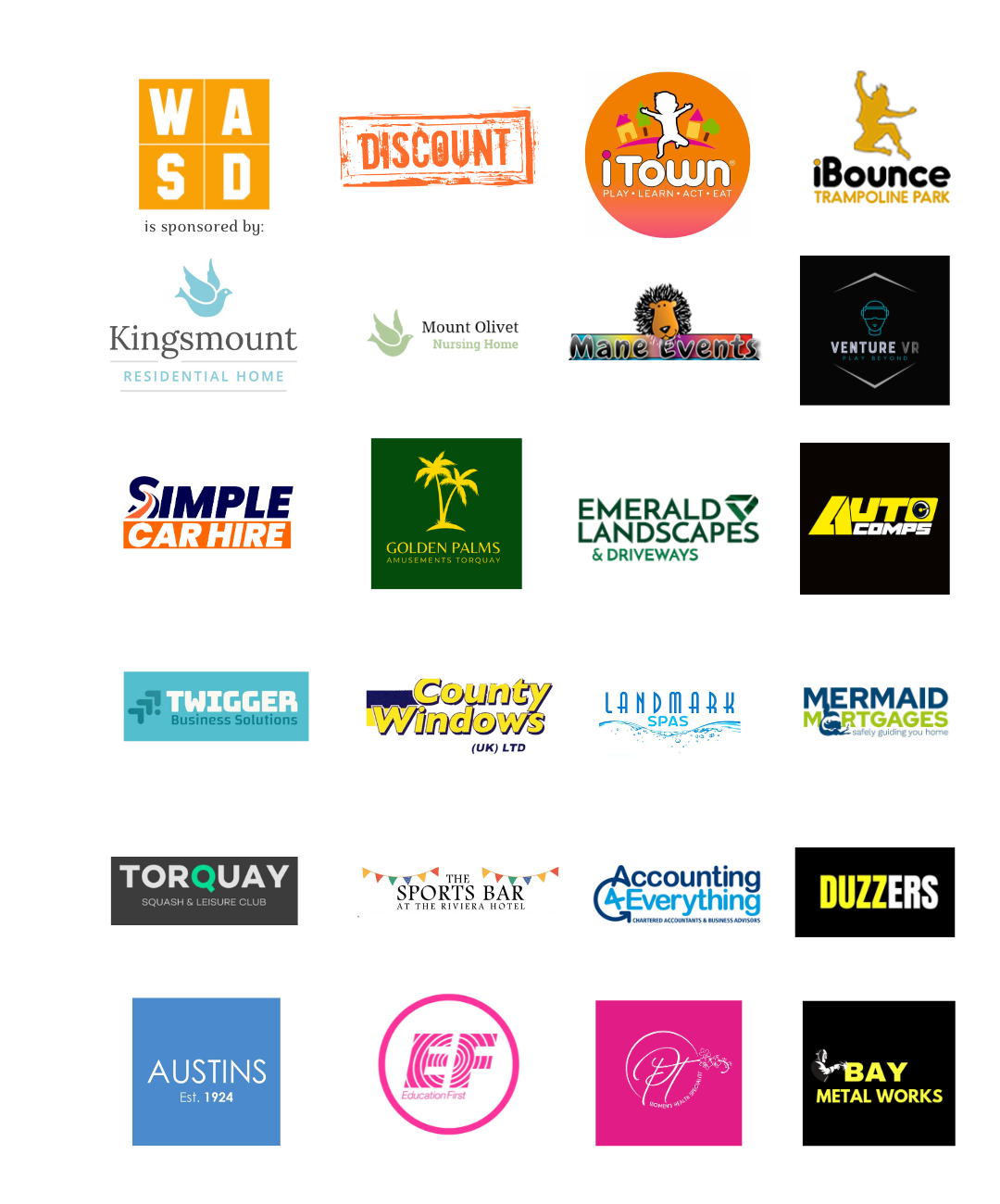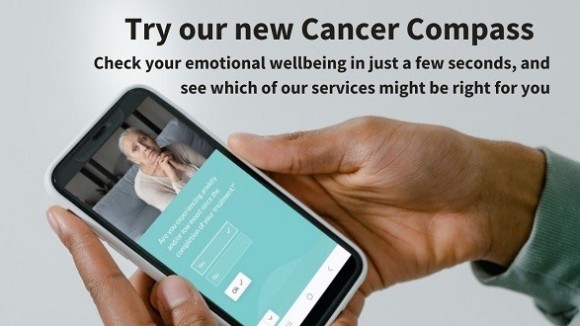Cancer Compass is a new tool that allows anyone living with or beyond cancer to check their emotional wellbeing and, in just a few seconds to find the right support.
One in two people will develop some form of cancer in their lifetime (three million people in the UK are living with cancer and that number is predicted to rise to four million by 2030*). It’s a diagnosis that can be devastating in terms of life-changing side effects and challenging emotions. Yet 58% of people diagnosed with cancer feel their emotional needs are not looked after as much as their physical needs **, which equates to around 1.7 million people in the UK.
This is why Cancer Support UK has developed Cancer Compass, a new free online emotional checker tool, to help people find and receive the most appropriate practical or emotional support.
Because from the moment the words “you have cancer” are spoken, a person’s life is turned upside down. Often there isn’t time to think, or ask the right questions, or even to know what help is needed.
Accessible through the Cancer Support UK website – www.cancersupportuk.org/cancer-compass/ – Cancer Compass allows anyone with a cancer diagnosis to learn what type of support they would benefit from.
Cancer Compass is designed to get people thinking about their wellbeing and emotional needs. In less than a minute users of the online tool can be put in touch with any of the following:
- Cancer Coach – This free six-week programme is available to anyone with a primary (stages 1-3) cancer diagnosis, who has completed their physical cancer treatment and is experiencing low mood, anxiety and worry. The course is run over the telephone or online and participants are given tools, coach and peer group support, as well as coping strategies, which can help them move forwards in their recovery journey.
Quote from Cancer Coach participant: “The group provided me with a very safe and understanding environment to express my thoughts and concerns. Living on my own I felt quite isolated and unsupported after my cancer treatment. Some friends didn’t know what to say to me. The group reassured me that my thoughts and feelings were quite natural and helped me to try and rationalise them. I now have a better sense of purpose in adjusting to life after cancer treatment. Plus I learned some very useful tips in managing any challenges which may arise.”
- Cancer Kits – these specially developed kits contain practical items for adults and children with cancer to use while receiving treatment. All the items have been carefully chosen to usefully support people who are often feeling upset and experiencing physical discomfort. There are four types of kit, depending on the type of treatment being given. Cancer Kits, Chemo Kits, Comfort Kits (for people over 65) and Kids’ Kits. The kits are supplied free of charge and can be ordered directly from Cancer Support UK – www.cancersupportuk.org/cancer-kits/about-our-kits/ . Recipients tell us that the kits give them an emotional boost and the knowledge that they are not alone.
Quote from Cancer Kit recipient: “I think this is a wonderful thing you are doing. You don’t know how much it meant to me getting my package from you guys. I am all alone battling this monster on my own and haven’t smiled until my Cancer Kit came to me. Thank you so very much – it made me feel as if there was someone out that that cares.”
- Signposting – Cancer Support UK’s website has a comprehensive list of cancer support related information and websites. www.cancersupportuk.org/cancer-coach/useful-organisations-and-websites/
Commenting on the launch of Cancer Compass, Cancer Support UK’s CEO, Mark Guymer, said:
“We know that life during and after cancer can feel very overwhelming and it can be difficult to know where to turn for support. We are acutely aware that there is a lack of awareness of the need for greater emotional support for people facing a cancer diagnosis. Our Cancer Compass tool is incredibly easy to use and is designed to take the stress out of finding what support you need. By answering a few simple questions, people are directed to the most appropriate types of support for them.”

You can join us on our social media pages, follow us on Facebook, X (formerly known as Twitter) and Threads where you can keep up to date with whats going on in South Devon.
Got a news story, blog or press release that you’d like to share or want to advertise with us? Get in touch via email admin@wearesouthdevon.com




























